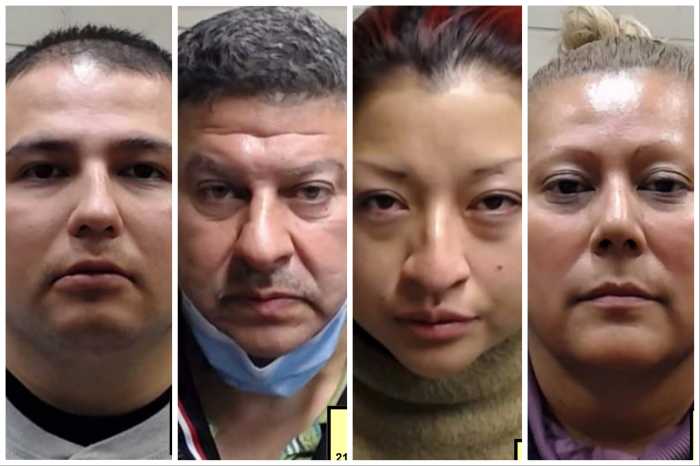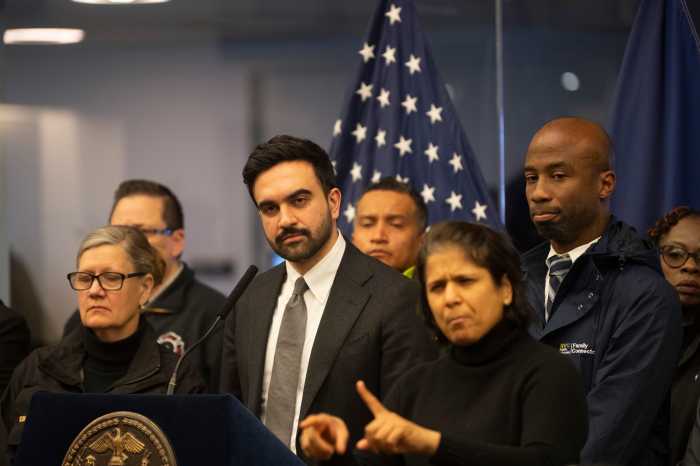When members of the NYPD and FDNY gather outside the 103rd Precinct in Jamaica in the early morning Saturday, Feb. 26, to mark the 35th anniversary of the assassination of Police Officer Eddie Byrne, the solemnity of the observance could be mixed with outrage.
On this weekend in 1988, the 22-year-old rookie was sitting in a squad car outside the South Jamaica home of a resident who complained about drug activity in the neighborhood when a gunman approached the vehicle and shot Byrne five times in the head.
On Feb. 17, Lorenzo “Fat Cat” Nichols, the drug kingpin who allegedly ordered the hit, but was never charged in the murder, won early release from federal prison three years early, where he was serving a 40-year sentence for ordering the 1992 murder of 34-year-old parole officer Brian Rooney.

Members of Nichol’s notorious drug gang drove up on Rooney as he sat in a car near Baisley Park and fired multiple shots, killing him and two other victims after Nichols had orchestrated their hits from prison while serving time on a separate conviction.
U.S. District District Judge Edward Korman granted Nichol’s motion to reduce his sentence, ruling that the federal Bureau of Prisons failed to credit the drug kingpin for the four years he served in federal custody before pleading guilty to ordering the revenge killings of Rooney, Issac Bolden and Myrtle Horsham, Nichol’s ex-girlfriend.
In his motion for compassionate release, Nichols argued he suffered from various health ailments, including his prostate, stress, and anxiety caused by the COVID-19 pandemic, rolling lockdowns, and harsh conditions during his 37 years of confinement. He also mentioned he suffered the loss of family members due to COVID-19 complications, including a niece and his newborn grandson, in June 2022.
Judge Korman, who sentenced Nichols to 40 years in prison in 1992, said he could reduce his prison term under the federal First Step Act signed into law by former President Donald Trump in 2018.
“In calculating his projected release date, the Bureau of Prisons (BOP) did not give him any credit for the four years spent in federal custody before his federal sentencing, between 1988 and 1992,” Judge Korman wrote in his ruling. “So in this case, if I were sentencing today, I could have overcome the manner in which BOP calculates his release date by sentencing him to 36 years instead of 40 years.”
Judge Korman noted that his ruling would not result in Nichol’s release from imprisonment because he was convicted in Florida of a separate offense in 2007 and was sentenced to 10 years to run “consecutive to his federal and New York state charges.”
“Fat Cat” Nichols remains in federal custody at the Metropolitan Detention Center in Brooklyn. He is awaiting his transfer to Martin County, Florida, where he was convicted for running a car theft and title fraud ring, according to the federal Bureau of Prisons.
NYC Police Benevolent Association President Pat Lynch was outraged by Judge Korman’s ruling.
“Not even a millisecond should have been shaved off this murderous drug lord’s sentence,” Lynch said in a statement Monday. “Our hero brother P.O. Eddie Byrne and Parole Officer Brian Rooney are not coming home any time soon. This cop-killer must not be sent home, ever.”




































